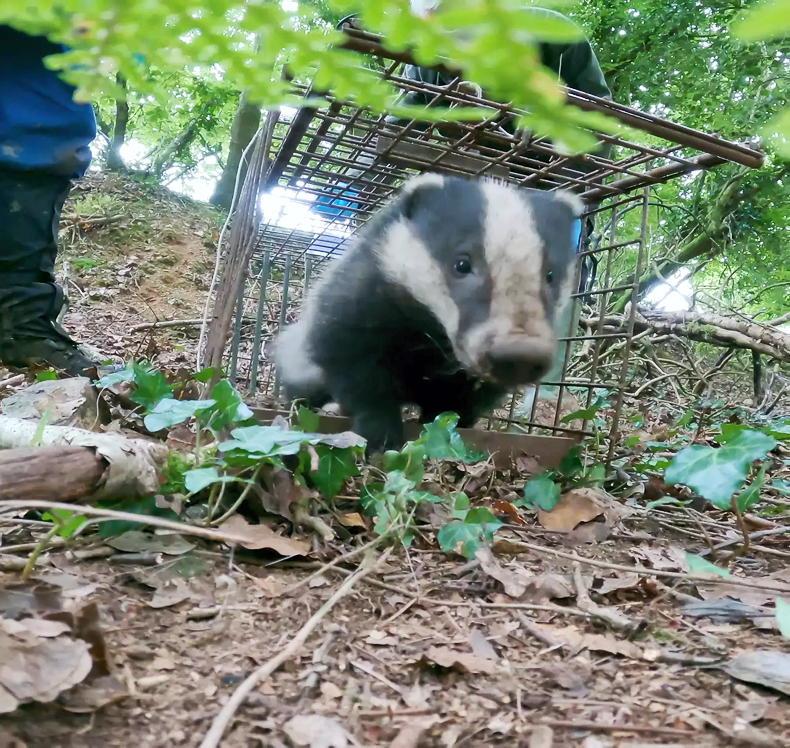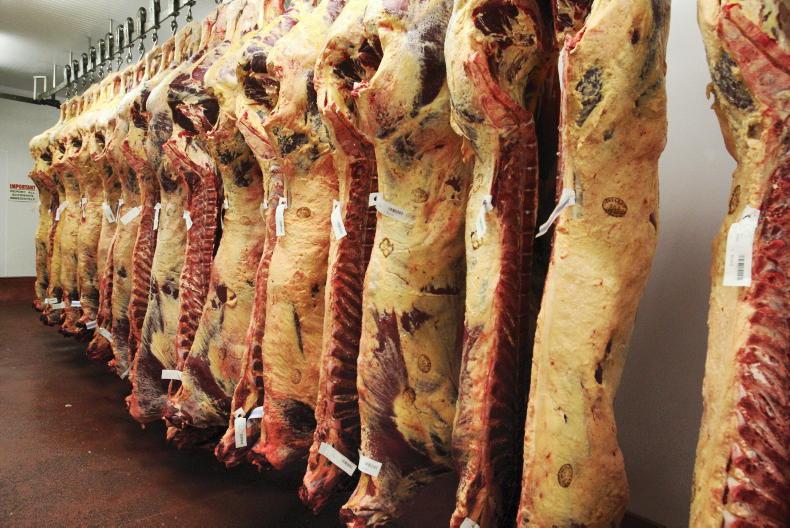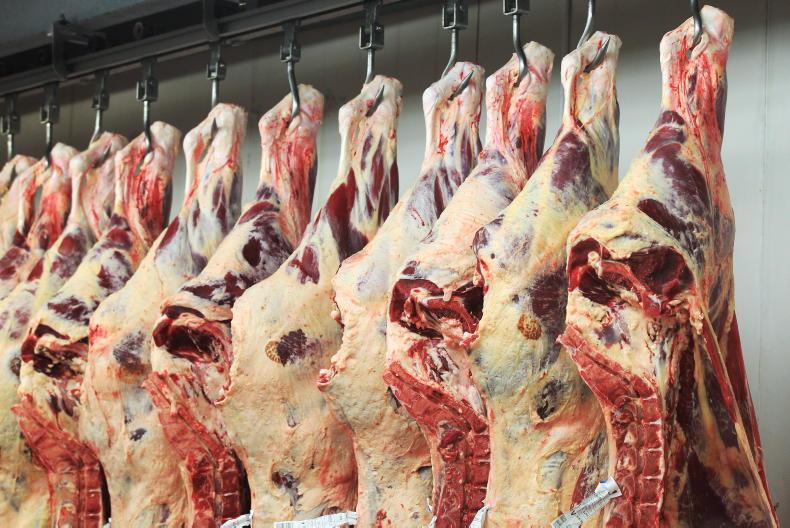The method for identifying TB lesions in factories and the subsequent possible eight-week delay in results was heavily criticised by farmers at an IFA meeting in north Tipperary last Thursday.
Farmers were told the lesion testing was only around 40% accurate and a huge part of the issue in identifying lesions was the 60-second time frame factory officials were given to check carcases.
“Last year there were 3,500 suspect slaughter house [TB] cases,” Philip Breslin, a veterinary officer with the Department of Agriculture told the crowd.
Listen to "TB status on mart boards not ruled out." on Spreaker.
“I think about 256 of those had to wait the full eight weeks to find out if they were positive.”
If lesions are discovered, they’re sent to a lab for testing but, depending on the size of the lesions, up to eight weeks could be required to accurately test the sample, he explained.
However, many farmers voiced their anger at the situation and the prolonged lock-up period waiting for results.
“If farmers are locked up they can’t buy. There needs to be something radical done,” one farmer said.
More than 100 farmers attended the meeting and the crowd were told that 180 farm families in north Tipperary are currently affected by TB.
Overall, TB reactor figures have increased by 15% since last year.
While Department officials at the meeting acknowledged that the idea of categorising TB herds on mart boards had been met with strong resistance from the farming community, they did not rule out the possibility in the future.
Eoin Ryan, senior superintendent veterinary inspector in charge of TB policy, pointed out that for farmers who had just been cleared of TB, “the last thing they need is to bring in another person’s TB problem. If we’re serious about reducing this terrible disease and having fewer farm families affected next year, we need to do what we’re doing and do more as well,” he said.
North Tipperary IFA chair Imelda Walsh thanked the Department for its presentations but said: “We need a real and meaningful compensation package.”
Read more
TB eradication ‘has been way too slow’
TB compensation increases by 18%
The method for identifying TB lesions in factories and the subsequent possible eight-week delay in results was heavily criticised by farmers at an IFA meeting in north Tipperary last Thursday.
Farmers were told the lesion testing was only around 40% accurate and a huge part of the issue in identifying lesions was the 60-second time frame factory officials were given to check carcases.
“Last year there were 3,500 suspect slaughter house [TB] cases,” Philip Breslin, a veterinary officer with the Department of Agriculture told the crowd.
Listen to "TB status on mart boards not ruled out." on Spreaker.
“I think about 256 of those had to wait the full eight weeks to find out if they were positive.”
If lesions are discovered, they’re sent to a lab for testing but, depending on the size of the lesions, up to eight weeks could be required to accurately test the sample, he explained.
However, many farmers voiced their anger at the situation and the prolonged lock-up period waiting for results.
“If farmers are locked up they can’t buy. There needs to be something radical done,” one farmer said.
More than 100 farmers attended the meeting and the crowd were told that 180 farm families in north Tipperary are currently affected by TB.
Overall, TB reactor figures have increased by 15% since last year.
While Department officials at the meeting acknowledged that the idea of categorising TB herds on mart boards had been met with strong resistance from the farming community, they did not rule out the possibility in the future.
Eoin Ryan, senior superintendent veterinary inspector in charge of TB policy, pointed out that for farmers who had just been cleared of TB, “the last thing they need is to bring in another person’s TB problem. If we’re serious about reducing this terrible disease and having fewer farm families affected next year, we need to do what we’re doing and do more as well,” he said.
North Tipperary IFA chair Imelda Walsh thanked the Department for its presentations but said: “We need a real and meaningful compensation package.”
Read more
TB eradication ‘has been way too slow’
TB compensation increases by 18%








SHARING OPTIONS